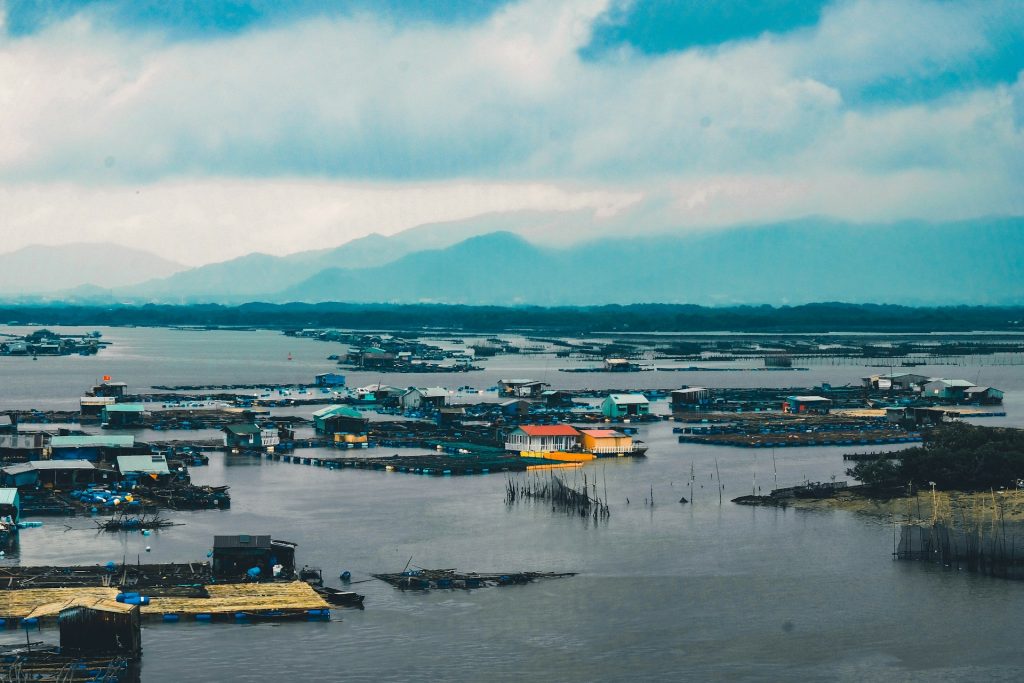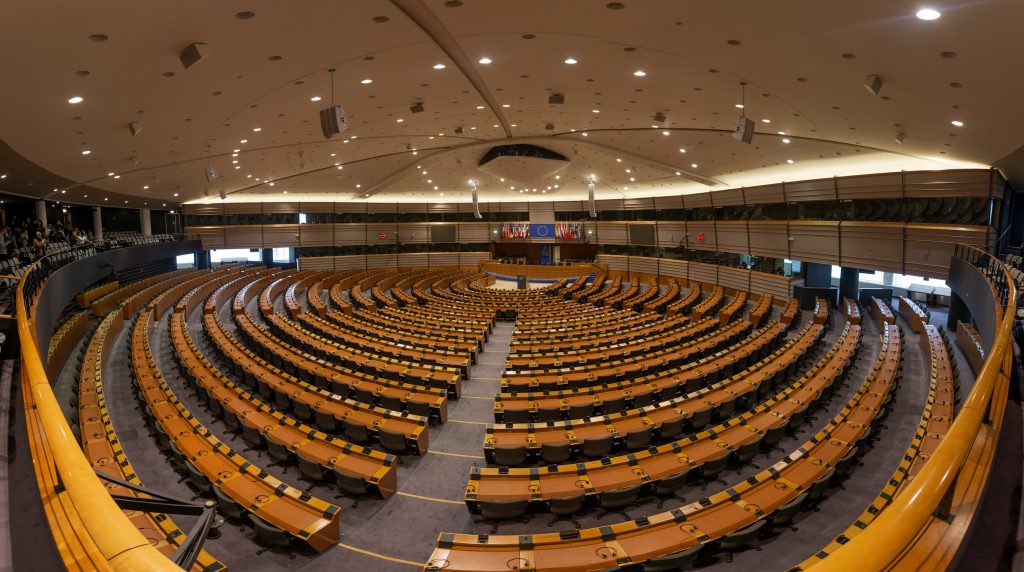
The time is now: the European Climate Change Adaptation Conference 2025 has begun
Adaptation to climate change is not an issue of the future, it’s an imminent need that requires an effective action plan. Day one at ECCA2025 laid the groundwork for finding the most innovative solutions to tackle climate change – and how to implement them with effective policies. High-level representatives from European institutions, the business community, and the scientific world engaged in conversations on adaptation and plenary panels outlining the strategies, challenges and hopes for future adaptation before a crowd of 600+ people from all over the world.











